
Andre Ward’s journey from the streets of Oakland to the International Boxing Hall of Fame. Facing an all-too familiar series of obstacles including substance abuse, the loss of a parent, drug dealing and teen pregnancy, how Ward faced that adversity is what separates him from the rest. Fight after fight he defied the odds and silenced his critics. And then, guided by faith and devotion, he walked away – choosing his role as a father and a husband over his boxing career.
You May Also Like
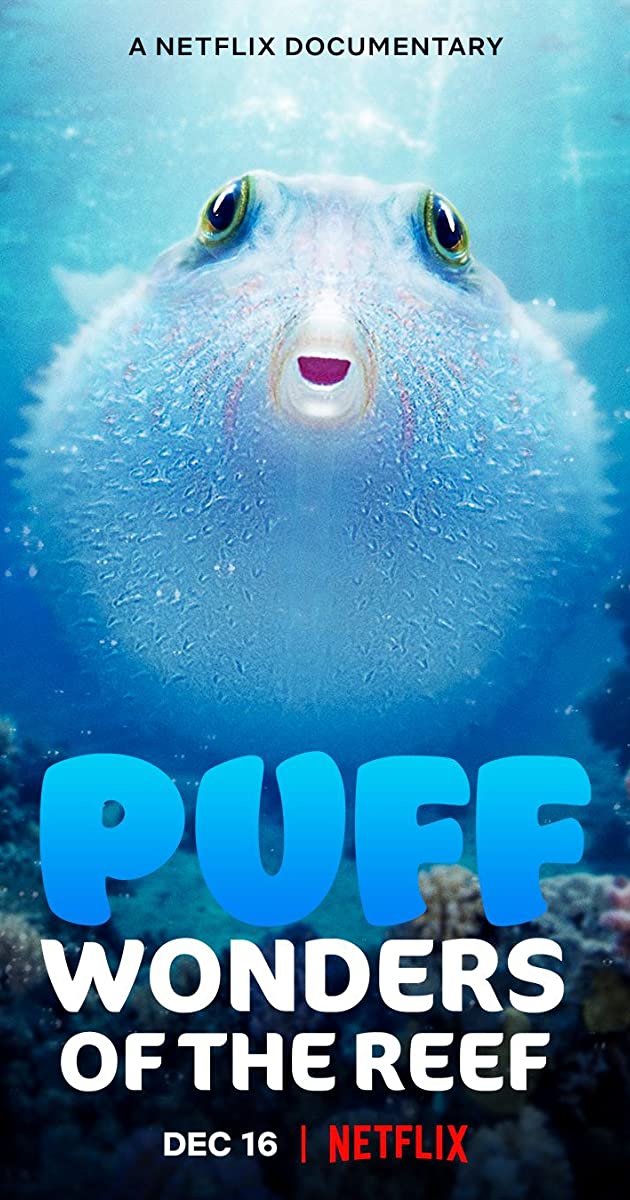
A baby pufferfish travels through a wondrous microworld full of fantastical creatures as he searches for a home on the Great Barrier Reef.
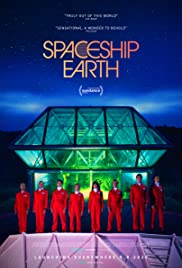
In 1991 a group of countercultural visionaries built an enormous replica of earth’s ecosystem called Biosphere 2. When eight “biospherians” lived sealed inside, they faced ecological calamities and cult accusations. Their epic adventure is a cautionary tale but also a testament to the power of small groups reimagining the world.
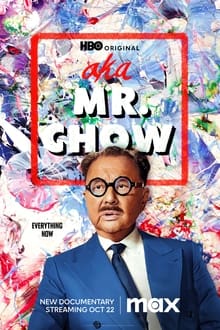
With his signature circular glasses and mustache, Michael Chow is an exuberant force at the crossroads between eccentricity and sophistication. The famed restaurateur defined “The Moment” with the openings of Mr. Chow, the bustling upscale Chinese eateries that attracted the glitterati of Swingin’ London, 70s Hollywood, and post Studio 54 New York.

LAST MAN FISHING is a cinematic look at the vastly changing seafood system through the lens of small-scale fishermen across the United States. Narrated by best-selling author Mark Bittman, the film explores the dichotomy between t…

In the First World War, alongside the men fought an army of animals. Mules, oxen, dogs, horses, pigs, pigeons were used for moving units and materials, communications, and for the support of the troops. The forced cohabitation with men closer to each other in a possible fate of death and suffering: officers and enlisted men had the opportunity to give and receive affection, but also to deal with beings weak and completely dependent on their . Animals in the Great War offers an unconventional story of dramatic conflict, through letters, diaries and photographs taken by the fighters, and collected in the book that Lucio Fabi has derived from his research, The good soldier mule (ed. MURSIA). A documentary rebuild memories, stories, episodes of real life relationship, in and out of the trench, between humans and animals, including incredible moments of absolute serenity and tenderness, alternating the background of one of the most tragic periods in modern history.
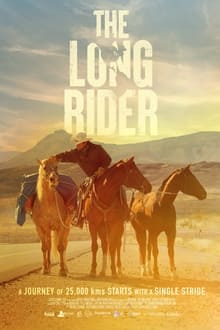
When Filipe Leite leaves his adoptive home of Canada, the aspiring journalist sets out on an epic quest to ride from Calgary to his family’s home in Brazil – and later beyond – entirely on horseback.

Told from the centre of the playing field, In The Middle follows a diverse group of match officials as they attempt to cope with the rigours of running matches in grassroots football. Experienced or new to it, young or old, male, female or non-binary, these unsung heroes tell us about their passion for the game, about their lives outside of it and why they’re drawn to the often-thankless task of refereeing.

In the heart of the Jura mountains, a call resounds through the forest. The silhouette of a Eurasian lynx creeps through the trees. A male is looking for its mate. Suddenly a call answers back. It is the beginning of the story of a lynx’s family we will follow over the seasons. While it is rare to come across this private feline, it is exceptional to discover its daily life in the wild.
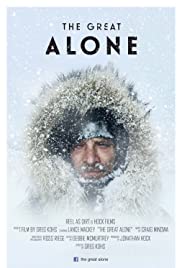
The Great Alone is a feature length independent documentary film that tells the inspiring comeback story of Iditarod Champion Lance Mackey.
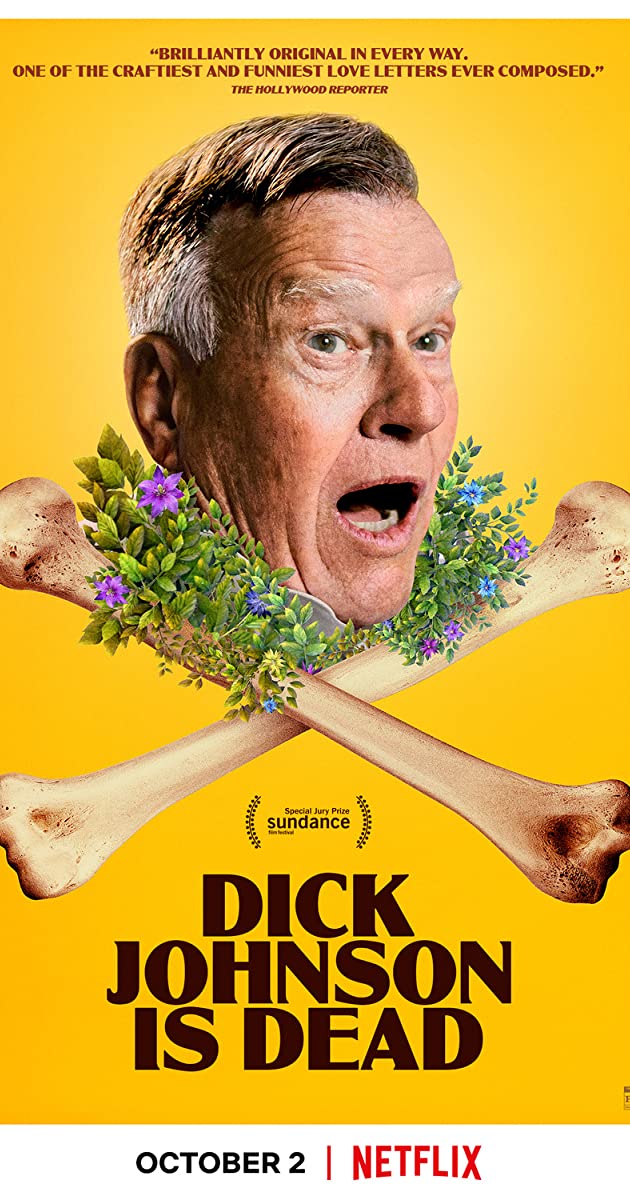
With this inventive portrait, director Kirsten Johnson seeks a way to keep her 86-year-old father alive forever. Utilizing moviemaking magic and her family’s dark humor, she celebrates Dr. Dick Johnson’s last years by staging fantasies of death and beyond. Together, dad and daughter confront the great inevitability awaiting us all.

For 50 years radio dominated the airwaves and the American consciousness as the first “mass medium.” In Empire of the Air: The Men Who Made Radio, Ken Burns examines the lives of three extraordinary men who shared the primary responsibility for this invention and its early success, and whose genius, friendship, rivalry and enmity interacted in tragic ways. This is the story of Lee de Forest, a clergyman’s flamboyant son, who invented the audion tube; Edwin Howard Armstrong, a brilliant, withdrawn inventor who pioneered FM technology; and David Sarnoff, a hard-driving Russian immigrant who created the most powerful communications company on earth.